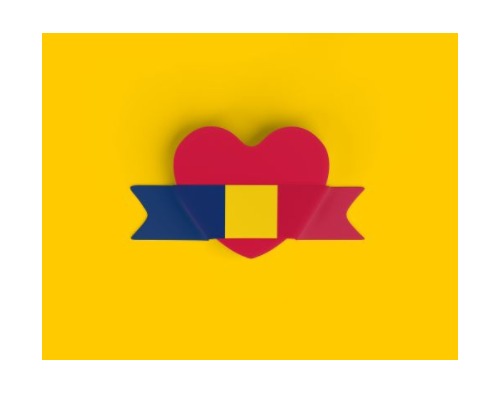738

Origin Labeling — A Strategic Economic Tool in the European Union
The origin label is increasingly becoming a strategic economic instrument within the European Union. In a market where traceability and authenticity are emerging as key criteria of competitiveness, products with Protected Geographical Indication (PGI) and Protected Designation of Origin (PDO) are defining a new standard of food value.
According to the European Commission (DG AGRI, 2024), the value of PDO and PGI–certified products exceeds €80 billion annually, representing about 15% of the EU agri-food market. France, Italy, and Spain dominate the field, holding over 60% of certifications. Romania, however, has only 12 registered products, of which just two are in the meat and dairy categories — a modest presence compared with its potential.
The new Regulation (EU) 2024/1143 simplifies certification procedures, allowing Member States to shorten validation timelines and to promote traditional products at European level. This represents a clear opportunity for Romania, which still holds a largely untapped culinary heritage: mountain cheeses, Mangalița pork specialties, raw-milk products, and artisanal recipes.
According to the FAO, products with protected origin generate 40–50% higher income for local producers, while Eurostat reports that demand for authentic foods has grown by 18% over the past three years. In parallel, the IDF confirms the rising interest in artisanal dairy products with clear traceability, where origin has become a decisive purchasing criterion.
In 2025, the Romanian Ministry of Agriculture and Rural Development (MADR) launched a national program aimed at expanding the portfolio of European-certified products, in collaboration with producer associations and agricultural chambers.
For Romania, origin certification is no longer merely a mark of tradition, but a survival strategy in an increasingly saturated European market. Authenticity has become a real currency of exchange — those who possess it gain access to consumers, markets, and respect.
(Photo: Freepik)





